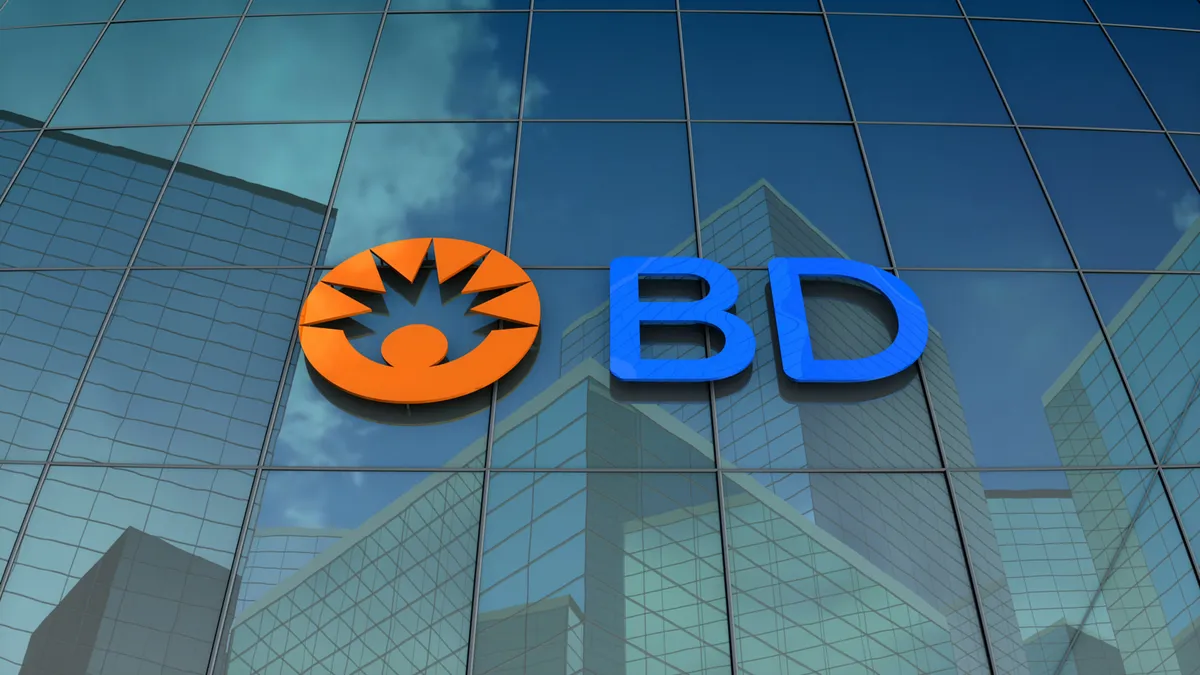Dive Brief:
- BD will pay a $175 million civil penalty to settle charges from the Securities and Exchange Commission that the company misled investors about problems with its Alaris infusion pumps.
- The SEC issued a cease and desist order on Monday, finding that BD repeatedly misled investors about risks associated with continued sales of its Alaris pump and overstated its income by failing to record the costs of fixing multiple software flaws with the device.
- BD said in a statement Monday it neither admits nor denies the SEC’s findings. The company received FDA clearance for an updated version of the pump in 2023.
Dive Insight:
BD’s Alaris pumps are used in hospitals to deliver fluids, medications or blood to patients. BD acquired the Alaris system from Carefusion in 2015. The pumps have made up about 10% of BD’s profits, according to the SEC order.
In 2016, BD found that previous software changes made to the Alaris pump required new FDA clearance, the order stated. The company began to work internally that year to seek clearance but realized it didn’t have the information it needed.
BD was also grappling with software problems that posed a risk to patient safety, such as error codes that could delay the start of infusions in some circumstances and low battery alarms failing to alert clinicians that Alaris was on the verge of shutting down during infusions.
By October 2019, the company had found 37 serious software flaws, disclosing them for the first time to the FDA that month after the agency raised concerns about Alaris’ alarms, according to the SEC order. The company proposed fixing the problems with a new software version while deferring the regulatory clearance process, but the FDA rejected that proposal.
BD stopped shipping the Alaris pumps, but its senior managers at the time decided to resume shipping within three months with a new software version, according to the SEC order. The commission added that shipments resumed without getting clearance in hopes that the FDA would exercise enforcement discretion. The company told investors at a conference in November 2019 that it was “upgrading” the Alaris pumps, according to the SEC.
In January 2020, the FDA learned that BD had resumed shipments of the pumps, warning the firm that the decision was “misaligned with our previous conversations.” Later that month, BD stopped shipping the pumps but reaffirmed its 2020 revenue forecast, which included the assumption that the company would still be able to sell the device.
In February 2020, the company told investors it had ceased shipping Alaris to customers and would not resume selling the device until it had received FDA clearance, sending its shares tumbling by 12%, according to the SEC order.
BD said in a Monday statement that it “believes that settling with the SEC is the right course of action to fully resolve this matter and move forward.”
The company said it continues to update its fleet of Alaris devices after receiving FDA clearance last year.












